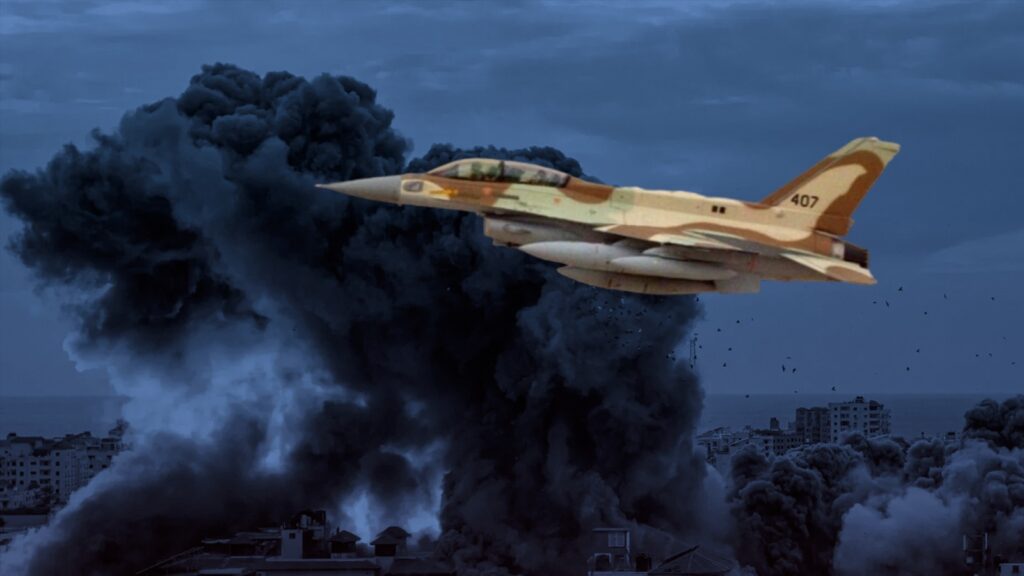Israeli airstrikes on Lebanon killed over 490 people on Monday, including more than 90 women and children, marking the deadliest attack since the 2006 conflict between Israel and Hezbollah, according to Lebanese authorities. The Israeli military issued evacuation warnings to residents of southern and eastern Lebanon as it ramped up its offensive against Hezbollah forces.
The bombardment prompted thousands of Lebanese to flee the south, with highways out of Sidon packed with cars heading toward Beirut, in the largest exodus since the 2006 war.
Lebanon’s health ministry reported 492 casualties, including 35 children and 58 women, with an additional 1,645 people wounded. This devastating toll comes just days after a deadly assault on communication infrastructure.
Israeli Prime Minister Benjamin Netanyahu, in a televised statement, urged Lebanese civilians to evacuate immediately, stating, “Please heed our warnings and leave. You can return safely once our mission is complete.” Rear Admiral Daniel Hagari, the Israeli military spokesperson, stressed that Israel would continue its efforts to remove Hezbollah from its border, even suggesting the possibility of a ground invasion if necessary.
Hagari also claimed significant damage to Hezbollah’s infrastructure in Monday’s attacks but refrained from providing a clear timeline for the operation. According to Israeli estimates, Hezbollah has launched approximately 9,000 rockets and drones since last October, with 250 fired on Monday alone.
The Israeli military reported targeting 1,600 Hezbollah positions on Monday, focusing on weapons storage in residential areas. The spokesman shared images of alleged weaponry concealed in civilian homes, accusing Hezbollah of turning southern Lebanon into a war zone.
Earlier that evening, Israel confirmed an airstrike in Beirut but provided no specifics. Local Lebanese media reported that the Beir al-Abed neighborhood in southern Beirut had been hit by three missiles, wounding six people. Hezbollah retaliated with rockets aimed at Israeli military bases and defense facilities.
Amid escalating conflict, Lebanon’s health minister condemned the strikes for targeting hospitals and medical centers. The Lebanese government has closed schools and universities and begun preparing shelters for those displaced by the violence.
As the air campaign extended into Lebanon’s Bekaa Valley, an area long associated with Hezbollah’s presence, Israeli military officials hinted at the next phase of operations. Hezbollah, in turn, vowed to continue its attacks in solidarity with Hamas, raising concerns of a wider conflict.



